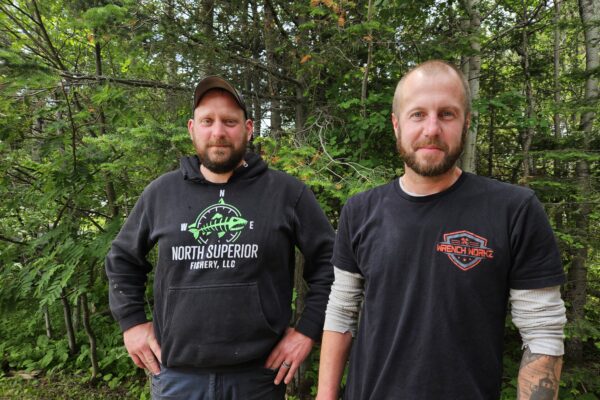New study questions if small towns like Grand Marais are being ‘loved to death’
It’s no secret that many choose Grand Marais, the North Shore and the surrounding outdoor playground as their vacation destination each year.
However, in recent years, particularly during the COVID-19 pandemic, some of those same people are opting to extend their vacations into a permanent relocation.
The running narrative of the notion goes like this: We like vacationing in this place. I am working from home now. Let’s forget the conveniences of living in a metro area and live in the place we like the most.
Indeed, more than ever, people are visiting and moving to places with inspiring natural amenities: forests, lakes, beaches, trails, and wildlife. Local and state governments, recognizing that promoting outdoor recreation can be a powerful way to diversify economies, have devoted billions in funds to encourage more tourism and investment. Yet rapidly growing outdoor recreation economies can also come with serious drawbacks, as a new study by Montana-based Headwaters Economics finds.
For many places the influx of tourists and new visitors is creating profound problems. Housing has become unaffordable, forcing long-time residents out and contributing to labor shortages. Infrastructure, municipal finances, and community well-being can be overcome by a wave of unexpected growth and fraught public discourse.
The paradox of a place with natural attractions that make it a great place to live but also threaten it with being “loved to death” is known as the amenity trap.
While many might be quick to think of tourist destinations across the American West (think Bend, Ore., Bozeman, Mont., Moab, Utah, etc.), the trend is climbing its way into Cook County and the North Shore of Lake Superior as well.
Megan Lawson, an economist Headwaters Economics and lead author of the study, recently spoke with WTIP’s Joe Friedrichs about this nationwide trend and how it applies to Cook County and the North Shore. Audio below.














